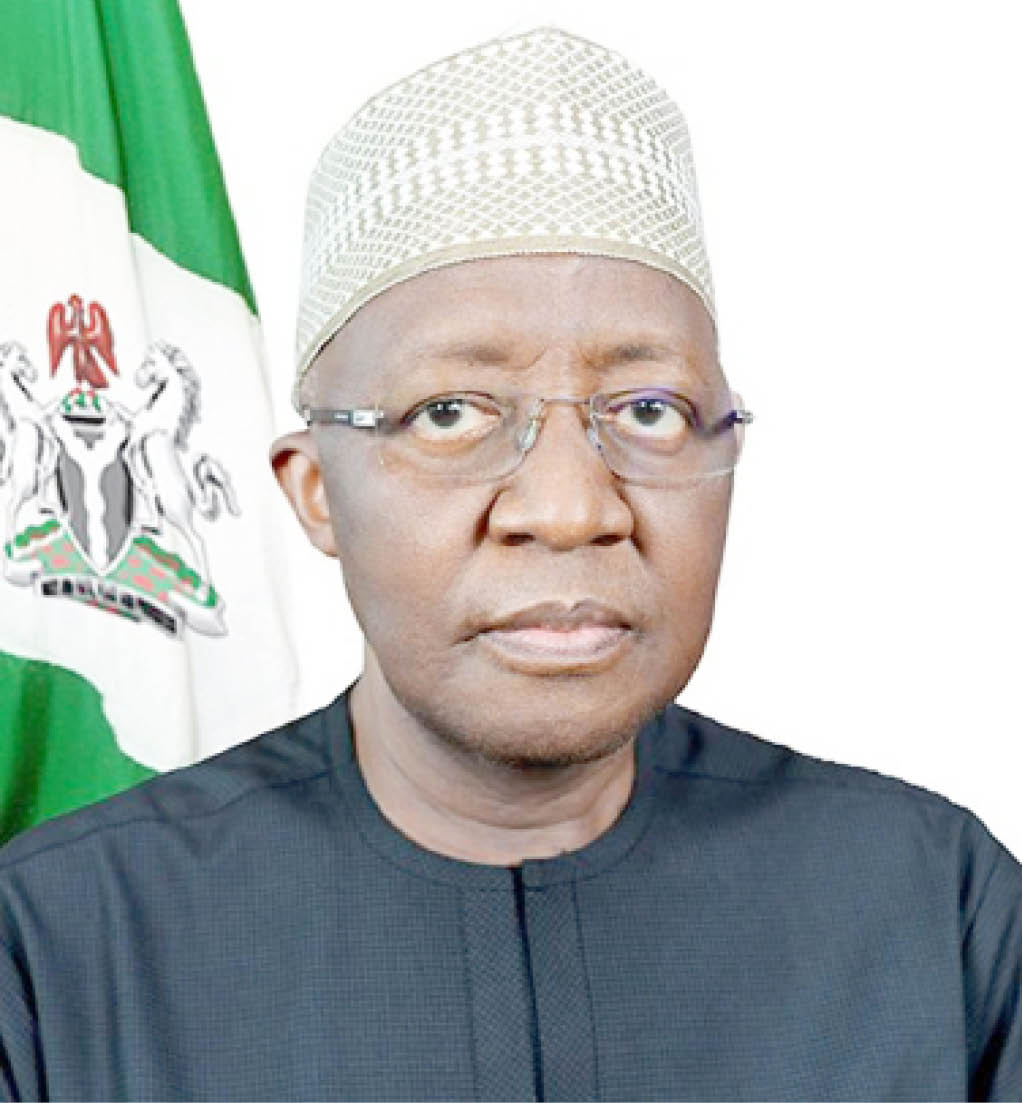Reversing tariff increase will cost Nigeria N3.2trn in subsidy — NERC
The Nigeria Electricity Regulatory Commission (NERC) has said that the recent tariff increase is necessary to avert a N3.2 trillion electricity subsidy to be paid by the federal government in 2024, saying a reversal of the tariff will place a heavy burden on the country. NERC’s Chairman, Sanusi Garba, who stated this at a stakeholders’ […]

Chairman of NERC Garba Sanusi
The Nigeria Electricity Regulatory Commission (NERC) has said that the recent tariff increase is necessary to avert a N3.2 trillion electricity subsidy to be paid by the federal government in 2024, saying a reversal of the tariff will place a heavy burden on the country.
NERC’s Chairman, Sanusi Garba, who stated this at a stakeholders’ meeting held by the House of Representatives Committee on Power on Thursday, explained that DisCos were paying only 10 per cent of their energy invoice as their obligations before the recent review in tariff, noting that liquidity challenge was being created in the electricity sector due to lack of cash backing for subsidy.
He noted that non-payment of subsidy, gas supply and power generation had continued to go down, and that decline in generation and system collapses were also linked to the liquidity challenges in the sector.
He said having a cost-effective tariff regime was the only way to sustain the sector, not a total shutdown by the generation and distribution companies.
- KEDCO to invest N1.2BN in network expansion
- Tariff increase to worsen economic instability — Private sector
He noted that the tariff was increased from 55 per cent of the cost to 94 per cent of cost recovery between January, 2020, and January, 2023, saying the unification of FX and inflationary pressures were pushing cost reflective tariff to N184/kWh.
He further said, “If sitting back and doing nothing is the way to go, it would mean that the National Assembly and the executive will have to provide about N3.2trn to pay for subsidy in 2024.”
Garba also said that only N185bn of the N645bn subsidy in 2023 had been cash-backed, leaving a funding gap of N459.5bn.
In the same vein, the Vice Chairman of NERC, Musiliu Oseni, said the recent tariff increment was done to save the sector from total shutdown.
Responding, the Chairman of the House Committee on Power, Victor Nwokolo, said the meeting was convened to address the challenges brought about by the recent increase in tariff and the issue of Band A and others.
He said the information provided to the committee by NERC and DisCos’ officials was useful, noting that they had not concluded because the Transmission Company of Nigeria (TCN) and the Generation Companies (GenCos) were not present at the meeting.
Nwokolo, however, said that the committee had not totally agreed with all the submissions, which he assured would be scrutinised with more inputs from stakeholders to make informed decisions and recommendations on the issue.
He added, “We are not saying either yes or no because we want to get more inputs and also find out the possibility of gas being sold to them in naira. More of this is dependent on generation, and without gas, you cannot have power.
“The committee cannot take any decision to stop the increase in tariff. That decision can only be taken by the entire house and not at the committee level. There must be a house resolution to stop it.”
